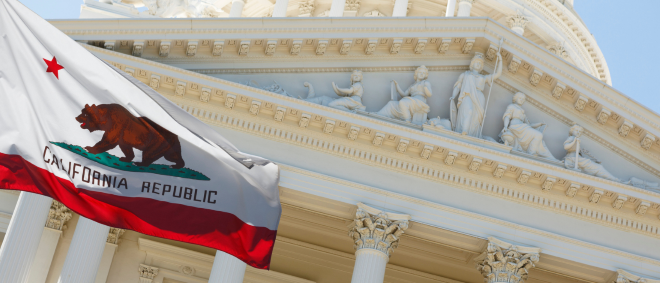On October 10, 2023, California Governor Newsom signed into law S.B. 365, a bill that amends California Code of Civil Procedure Section 1294. The new law provides that when a party appeals an order denying a motion to compel arbitration (an order which is immediately appealable), the trial court is not obligated to stay the action during the pendency of the appeal. The law marks a major shift in California civil procedure law.Continue Reading New California Law Prohibits Automatic Stay of Trial Court Action When Appealing Denial of a Motion to Compel Arbitration






